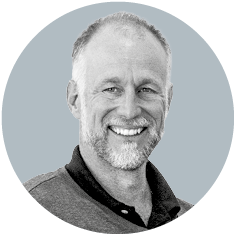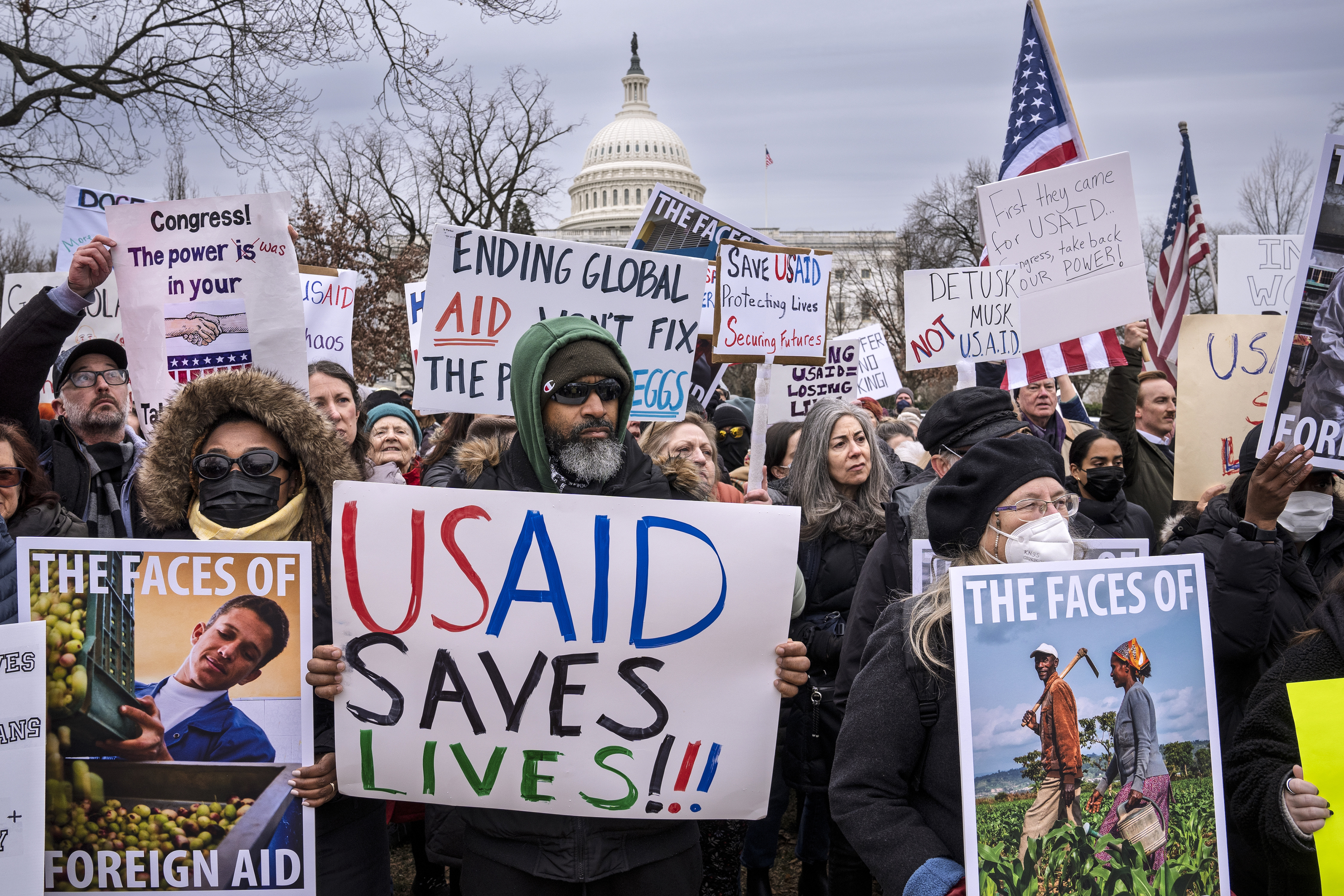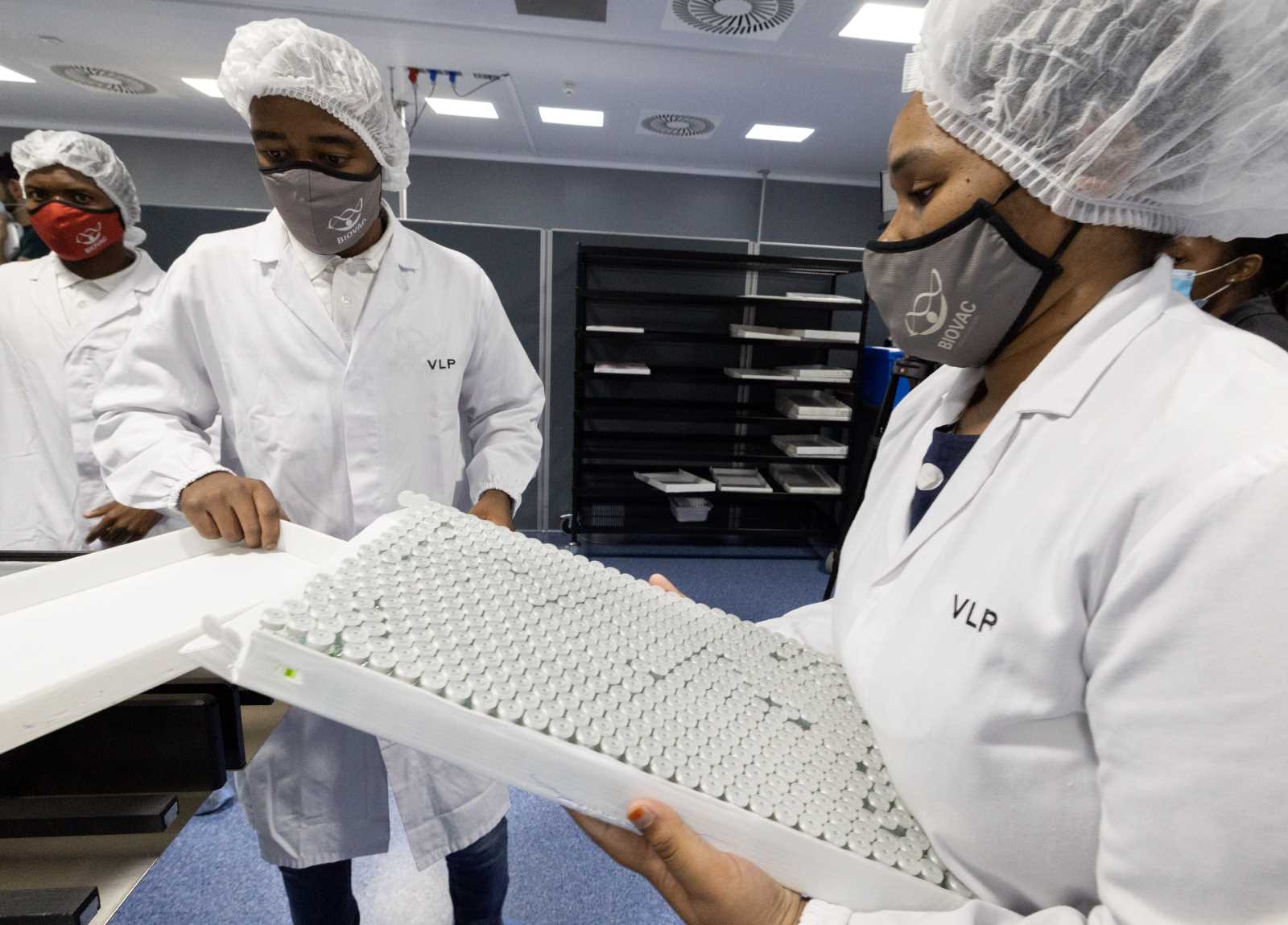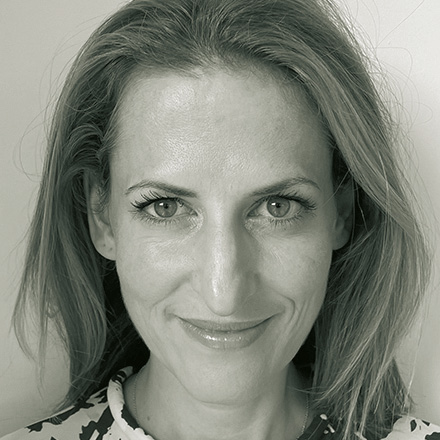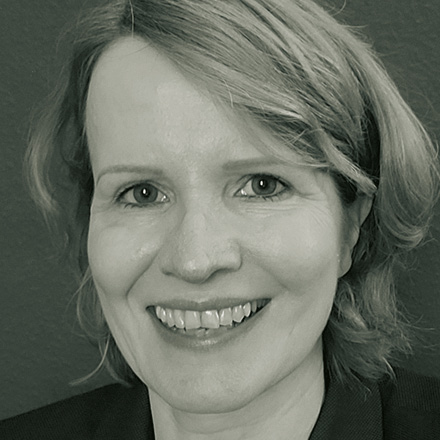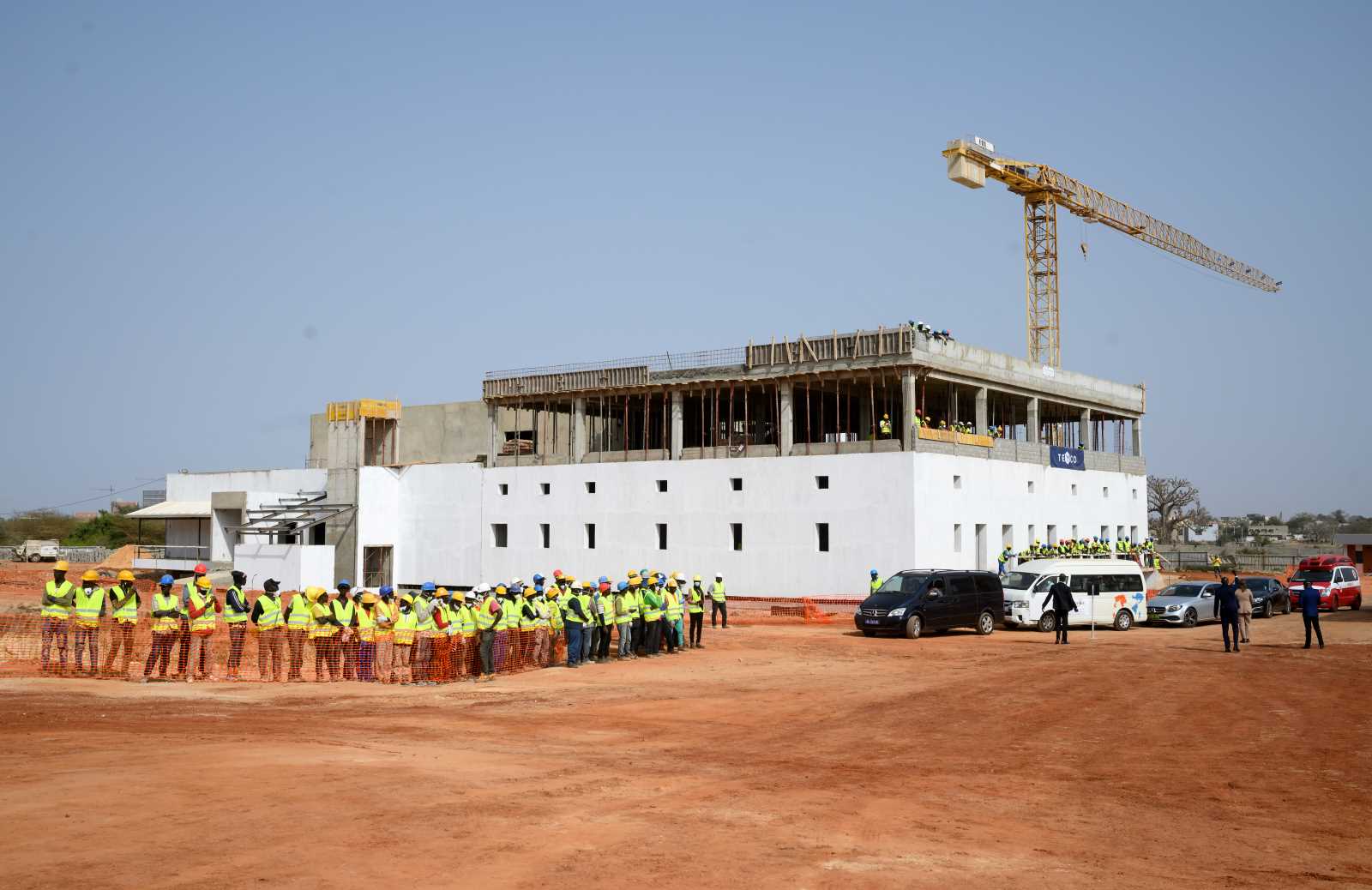USAID cutbacks
African countries must invest in health
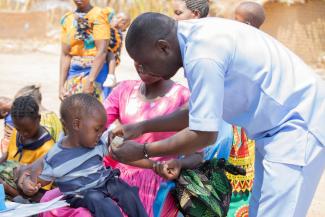
The world of development cooperation has been knocked off course, and health cooperation as we know it is largely in tatters: The US decision under President Trump to discontinue USAID funding and withdraw from the World Health Organization (WHO) is having a massive impact on the African continent’s health systems. Around a third of US development aid was pumped into Africa over the last five years, with much of this money being invested in the health sector.
Africa’s largest health NGO Amref Health Africa is also reeling from the abrupt cuts. Amref trains specialist personnel and makes basic medical care available to almost 20 million Africans each year. A fifth of its entire budget for the current year has suddenly evaporated and 15 vital health projects have had their funding terminated overnight. 5000 young people in Ethiopia have lost their training and employment promotion programmes, 20,000 pregnant women in Malawi are at risk of passing HIV on to their children and 500,000 tuberculosis screenings now won’t be carried out in Tanzania, which will facilitate the spread of this disease. The funding freeze is directly jeopardising human lives.
A wake-up call
Many are calling the US withdrawal a wake-up call, one that raises a number of fundamental questions: Was this funding system ever sustainable if it is so dependent on decisions taken in far-away Washington? And what is going to happen next? Other donor countries are hardly going to step into the breach, that’s for sure. The Netherlands and the UK have already announced sweeping cuts to their development cooperation budgets, and the course that Germany’s future government will take is not certain either.
In early March 2025, leading representatives of Africa’s health sector gathered in the Rwandan capital Kigali to attend the Africa Health Agenda International Conference (AHAIC) hosted by Amref, the Africa Centres for Disease Control and Prevention and the WHO African Region. Delegates saw the current situation as an opportunity to initiate some important changes. This is what they believe needs to be done now:
- Responsibility: African governments must take responsibility by stepping up their health expenditure and viewing this as an investment in their future. They must improve production and supply-chain capacities and fund research. This will require public-private partnerships. After all, even if all the signatories implemented the Abuja Declaration and spent 15 % of their national budgets on health – which currently only two African countries are managing to do – this would not be enough. The countries of sub-Saharan Africa have a combined gross domestic product of around $ 2 trillion. With an average tax rate of 15 % and a population of about 1.2 billion people, this translates into per-capita health expenditure of below $ 40. The equivalent figure in countries like Germany is around $ 4000.
- Solidarity: African governments need to reform their taxation systems to generate more money for healthcare. This alone will not be sufficient, however: According to the latest UNDP report, interest payments exceed 10 % of total revenue in 56 developing countries worldwide. Currently, around half of Africa’s countries spend more on debt servicing than on health. Debt relief seems to be the only possible solution, especially for countries with low economic output. Where international support is still required in the meantime, such funding must no longer be handled by organisations in the global north but must go directly to African civil-society organisations that can define priorities on the ground. This would also avoid colonial continuities.
- Systemic change: More money for health is not enough per se – it also has to be deployed efficiently. Rather than concentrating solely on funding expensive acute care, what is needed above all is a prevention concept based on a robust system of primary care. Focusing on infectious diseases is no longer appropriate either: Non-communicable diseases such as high blood pressure and diabetes are on the rise in Africa and already account for half of hospitalisations and over a third of deaths in sub-Saharan Africa. Factors such as education, income levels and extreme weather events likewise affect health. Responsibility lies not only with health ministries, in other words – measures to address climate change also have a beneficial impact on health, for instance.
Implementing these changes will not be easy and will take time. Time that many people in Africa don’t have. Everyone involved has a huge responsibility to tackle the necessary reforms with resolve and determination. It’s not merely for reasons of humanity and solidarity that Germany and its future government must also step up – it’s a global necessity: Risks have to be dealt with at the local level to achieve global health security, and this requires resilient health systems. Germany needs to support African healthcare actors in this reform process – including financially.
Ralph Achenbach is executive director of Amref Health Africa Deutschland, the German representation of Africa’s largest civil society health organisation based in Nairobi, Kenya.
deutschland@amref.org
amrefdeutschland.org
